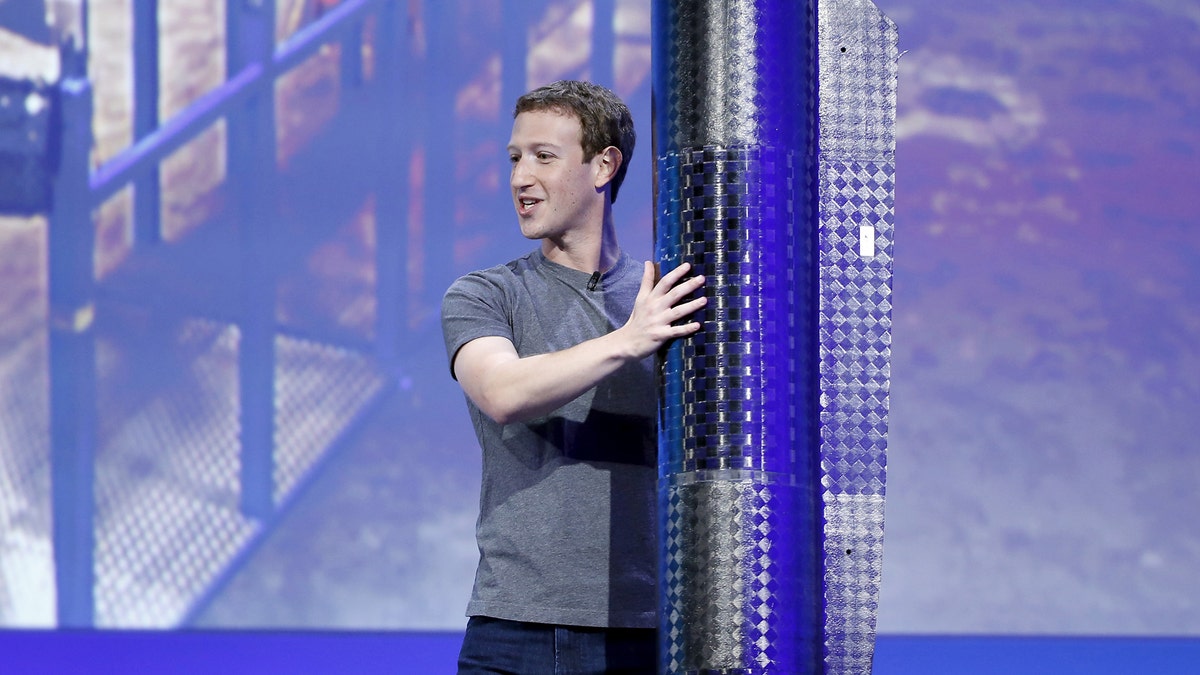
File photo: Facebook CEO Mark Zuckerberg holds a propeller pod of the solar-powered Aquila drone on stage during a keynote at the Facebook F8 conference in San Francisco, California April 12, 2016. (REUTERS/Stephen Lam)
It's hard to support Facebook as a platform recently due to the mess it has made of protecting people's privacy, but the social network does have a few projects everyone wanted to see succeed. One of those was Aquila, but sadly Facebook decided to cancel the project this week.
Aquila's aim was to bring internet access to the estimated four billion people living in areas of the world where the infrastructure isn't in place to offer it. Facebook's idea was to utilize a high altitude platform station (HAPS) system to fill the gap. What it boiled down to is drones with very long flight times acting as the internet link for those on the ground below.
The project required progress in a number of areas of technology, with the aircraft being the first problem to solve. As the BBC reports, the drone Facebook developed had the wingspan of a Boeing 737 while weighing the same as a typical family car. All its power came from solar panels mounted on the wings, with batteries used to keep it flying at night.
At first the Aquila drone crashed, but then completed a successful flight lasting 106 minutes. That was back in June last year and clearly not much progress has been made on flight time since then (Facebook was aiming to achieve three months of flight time). The project also falls short of what Google-parent Alphabet has achieved with Project Loon. Using balloons, Project Loon's latest success was beaming internet access to over 100,000 users in hurricane-stricken Puerto Rico in November last year.
More From PCmag
Facebook decided it is time to pull the plug on Aquila and leave it to others to continue development of internet drones. And it looks as though that may happen with Facebook stating it has seen, "leading companies in the aerospace industry start investing in this technology ... including the design and construction of new high-altitude aircraft."
This article originally appeared on PCMag.com.
